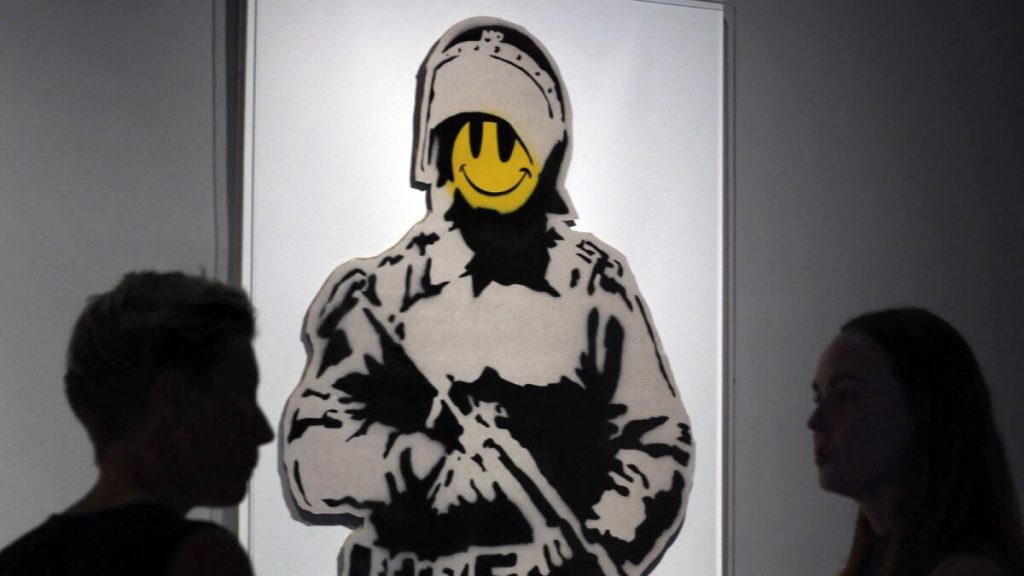World War II brought about many new vocabulary words and phrases that are still in use today. As the war raged in Gaza and Ukraine, it’s essential to examine the language that emerged from that period.
One of the earliest wartime expressions was the term “blackout,” referring to turning off lights to prevent enemy aircraft from spotting targets during air-raid alarms. Despite initial concerns over its appropriateness, the term “blackout” captured the sombre nature of that time.
Other terms that originated from World War II include “Blitzkrieg,” which described the swift and overwhelming style of warfare employed by the Nazis, and “block-buster,” an aerial bomb capable of obliterating an entire city block.
Civilian terminology also emerged, such as “chatter-bug” for individuals who spread information or rumors, and “shiver-sister” for a frightened civilian.
The war also gave rise to colorful colloquialisms such as “skelter” for air-raid shelters, “Moaning Minnie,” and “Howling Horace” for air-raid sirens.
The war also produced proper nouns like “Quisling” and “Lord Haw-Haw,” derived from the names of traitors and collaborators.
These terms, while representing a specific period in history, continue to serve as valuable linguistic artifacts that provide insight into the experiences of those who lived through those turbulent times.

I have over 10 years of experience in the field of cryptocurrency and blockchain technology. I have attended numerous conferences and events around the world, and my work has been featured in major publications such as CoinDesk, Bitcoin Magazine, and Yahoo Finance.




